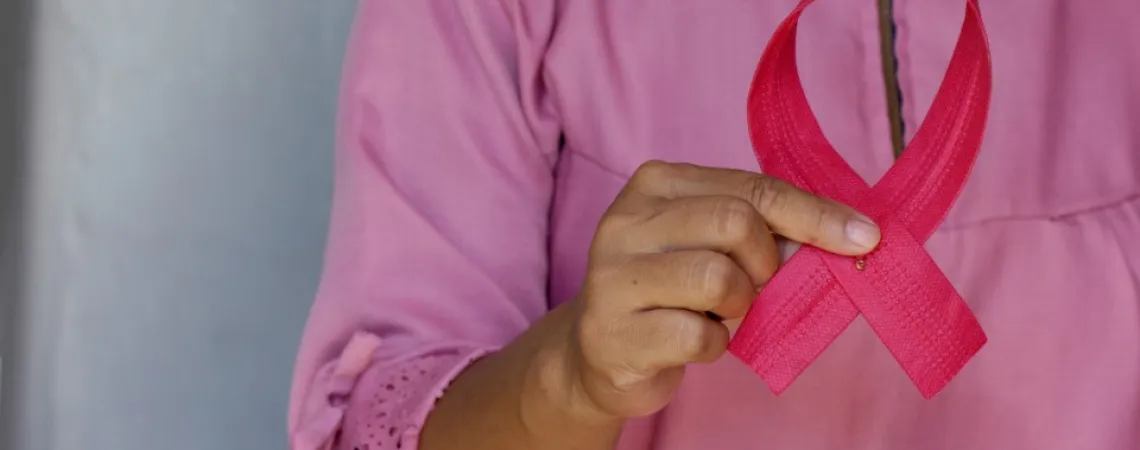
Breast cancer remains a dominant and concerning disease, with an estimate that about 1 in 8 Canadian women will be diagnosed with it in their lifetime [1]. Despite progress over the years, there's an ongoing need for awareness and prevention. In honour of Breast Cancer Awareness Month, here are some key factors to consider that could help reduce your risk of developing this disease.
Limit Alcohol Intake
The results are unequivocal: consuming three or more alcoholic beverages per week poses a risk. This applies to all types of alcoholic drinks, including beer, wine, spirits, and digestifs. They increase estrogen production, provoke DNA mutations, and prevent the absorption of certain protective nutrients. Therefore, it's recommended to limit consumption to two or less drinks per week.
Surprised by this number? It's indeed significantly lower than what is socially accepted. Observations show that alcohol consumption is primarily dictated by social context and stress levels since it's associated with relaxation. Take a moment to assess your current situation and reasons for drinking to make an informed decision.
Increase Fruit and Vegetable Intake
Consume a variety of vegetables in abundance. They contain antioxidants and vitamins that boost the immune system and fight against carcinogenic agents in other foods. Aim for 5 cups of vegetables and fruits per day!
Make a habit of buying them every week and feature them in every meal. Identify reasons currently preventing you from reaching the recommended quantity and explore ways to resolve this situation. To help you, here are 5 tricks to eat more vegetables without even noticing!
Reliable Information and Informed Reading
The internet is full of alarming claims about cancer that are designed to capture attention. Be careful as this could be misinformation. Stay vigilant when you come across sensationalist headlines such as:
- "Bacon is killing us slowly."
- "The water we drink is potable, but carcinogenic."
- "Stop eating hormone-filled meat."
- "Buy organic and avoid pesticides at all costs."
Science is constantly evolving in this field. Keep in mind that for a study to be validated, it must show conclusive results in humans. Don't jump to conclusions too quickly and refer to professionals who can analyze this information.
Protect yourselves, your mothers, sisters, colleagues, friends, and share this article widely!
Main sources:
www.breastcancer.org Canadian Cancer Society [1]
Canadian Cancer Society. http://cancer.ca/fr-ca/cancer-information/cancer-type/breast/statistics/?region=qc
Image Credit: <a href="https://www.freepik.com/free-photos-vectors/background">Background photo created by freepik - www.freepik.com</a>





